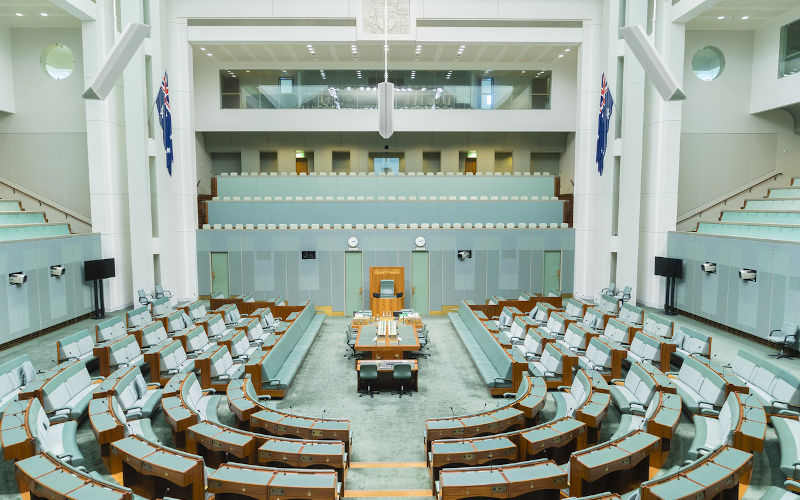Stepping back already from the integrity election?
June 25, 2022
Labor won government promising more accountability, so why disempower the crossbench?
On Friday (24thJune) the government informed crossbenchers they would no longer be entitled to four ‘personal staff’ as in the 46thparliament,and would only be entitled to one. The number of such staff (which are in addition to electorate staff)has variedin recent years, in direct relationship to the balance of power status of crossbenchers.
In the context of minority government in 2010, crossbenchers in the House of Representatives were entitled to two personal staff and those in the Senate to one. In 2013 this was reversed when the Abbot government achieved a majority in the lower house. In 2016, when the Turnbull government had a majority of only one in the lower house crossbenchers in both houses were allocated funding for three personal staff. This was negotiated up to four after the 2019 election.
There are arguments for and against the funding of what is the equivalent of eight full-time equivalent staff for each crossbencher (once the electorate staff are included). The most important argument against is that the funding of staff under the MOP(S) Act is anincumbency benefit, skewing electoral competition in favour of incumbents.
The incumbency benefit is particularly clear in the federal context where the use of such staff for electoral campaigning purposes is normalised and in accordance with the rules set out in the Parliamentary Business Resources Act of 2017 and associated determinations.
However, incumbency benefit is not just an argument against staff for crossbenchers, but also for Government, Opposition and parliamentary parties such as the Australian Greens, given current acceptance of the use of publicly funded staff for electoral campaigning. In some 82 per cent of OECD countries such use by incumbents of state resourcesis banned.
There are several arguments for the adequate staffing of parliamentary crossbenchers.The first is the need for crossbenchers to cover all portfolio areas without the benefit of the staff provided for Government and Opposition.
The government has said it will compensate for the cuts to crossbencher staff by increasing the resources of the Parliamentary Library. While this may assist with legislative research it does not acknowledge the role of crossbenchers in holding government to account. This role was highlighted during the 46thparliament when government was riding roughshod over other forms of accountability including Freedom of Information. The enhanced staffing of crossbenchers had to make up for the starving of watchdog agencies.
The staffing of the Australian Greens is being maintained at the same level as in the 46thparliament (18 plus one for the Greens whip), despite the increased size of their parliamentary party. The funding of parliamentary parties and crossbenchers is at the discretion of government, and generally relates to bargaining power rather than the provision of tools-of-trade resources for parliamentary roles. This is unlike the staffing complement for the Opposition, conventionally set at 21 per cent of that for government.
The surge in support for the Teal Independents during the election indicated a desire for something other than politics as usual. In particular, a more accountable form of government and a less adversarial style of politics.It would be a great shame if this came undone at the first hurdle.

